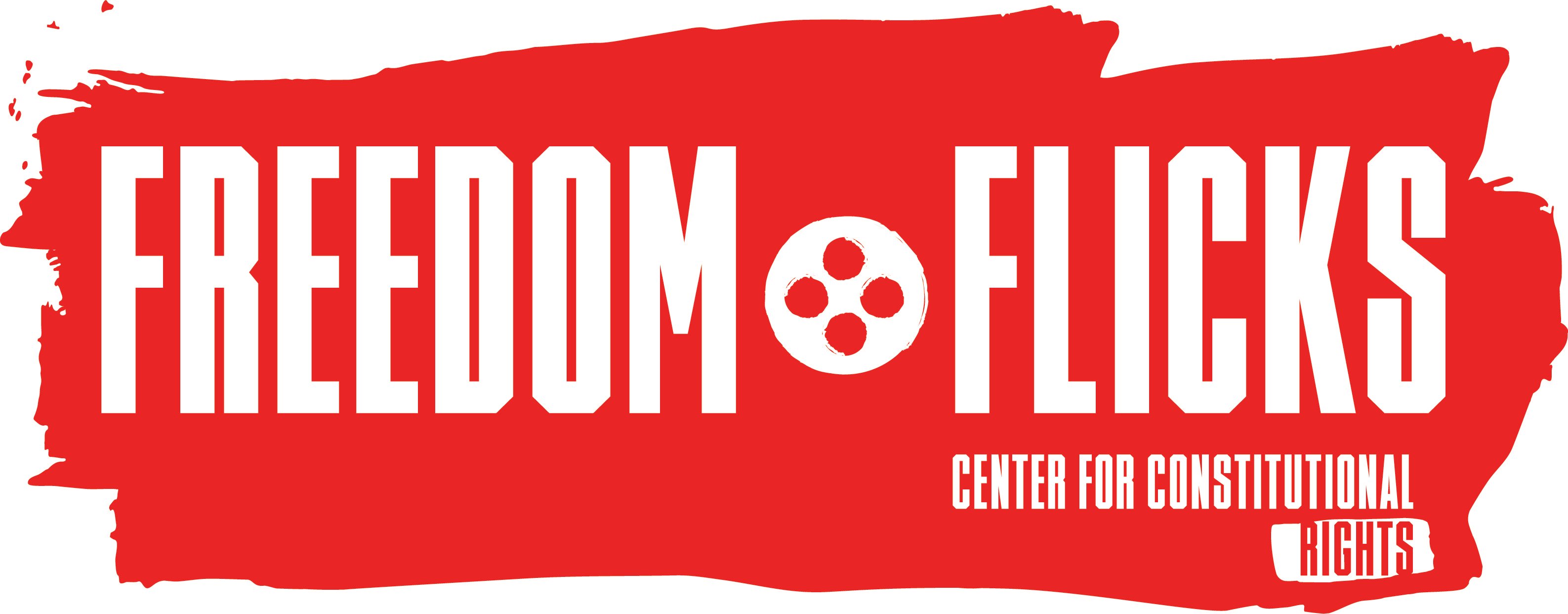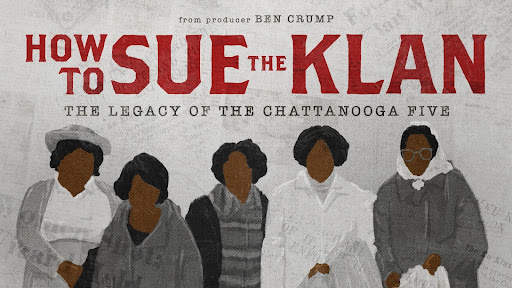Date
Location

How to Sue the Klan is the story of how five Black women from Chattanooga used legal ingenuity to take on the Ku Klux Klan in a historic 1982 civil case filed by the Center for Constitutional Rights. Their victory set a legal precedent that continues to inspire the ongoing fight against organized hate.
Join the Center for Constitutional Rights for a screening of How to Sue the Klan and a talk-back with the filmmaker and Center for Constitutional Rights attorneys – past and present – to discuss this important case and its legacy.
5:00 p.m.: Doors open
5:30 p.m.: Welcome and screening
6:00 p.m.: Talk-back and Q&A
We strive to host inclusive, accessible events that enable all individuals to engage fully. Please email [email protected] if you have any language and/or access needs. Since seating is limited, please arrive early! If you’re no longer able to attend, please let us know by emailing [email protected].

Speakers:
Randolph M. McLaughlin, Professor of Law at Pace University’s Elisabeth Haub School of Law. Randy is a former Center for Constitutional Rights Staff Attorney who litigated Crumsey v. Justice Knights of the Ku Klux Klan and is featured in the film.
Betty Lawrence Lewis, Adjunct Professor at Pace University’s Elisabeth Haub School of Law and NYC College of Technology. Betty is also a former Center for Constitutional Rights Staff Attorney who litigated Crumsey v. Justice Knights of the Ku Klux Klan and is featured in the film.
Vincent Warren, Executive Director of the Center for Constitutional Rights
Emily Early, Associate Director of the Southern Regional Office, Center for Constitutional Rights
John Beder, Filmmaker, How to Sue the Klan
More about Crumsey v. Justice Knights of the Ku Klux Klan
On April 19, 1980, four Black women stood waiting for a cab on Chattanooga’s 9th St. when a car passed, driven by a local Ku Klux Klan leader. His passengers, also Klansmen, worked together to fire shotgun blasts from the open window. The gunfire wounded the four friends, and a fifth woman was struck by flying glass as the Klansman continued up the road, firing more shots. In criminal court, an all-white jury acquitted two of the Klansmen and sentenced the third to just nine months. He served only six. Civil unrest followed the verdict, sparking national attention and the attention of attorneys at the Center for Constitutional Rights in New York City. The organization had been waiting for the right opportunity to use a new legal strategy against hate groups in civil court. Center for Constitutional Rights Attorney Randolph McLaughlin and his legal team filed a civil case in federal court on behalf of the injured women, arguing that they were entitled to compensation based on a Reconstruction-era law called the 1871 Ku Klux Klan Enforcement Act.
Read more about the Center for Constitutional Rights’ work supporting generations of Southern freedom fighters to transform material conditions, dismantle systems of oppression, and advance visions of collective liberation on our Southern Justice Rising project page.

